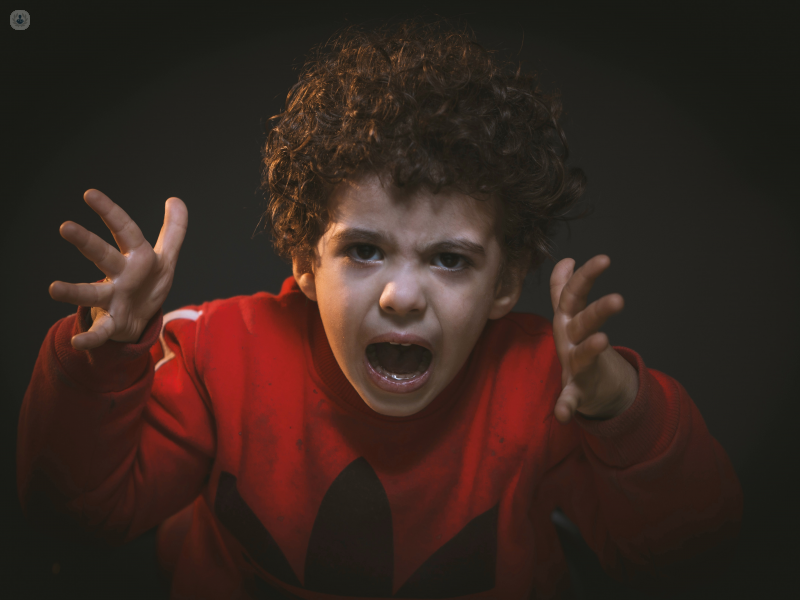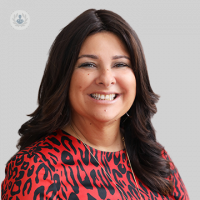How can conduct disorder children treated
Escrito por:Children with a conduct disorder often have difficulty following rules and display socially destructive and aggressive behaviour that at times can violate and hurt others around them. An individual with this disorder might typically look as though they're a strong and confident child, but in reality, they probably feel quite the opposite inside and mistakenly perceive people around them as threatening.
Dr Debora Elijah, an expert cognitive neuropsychologist who practises at the Elijah Social Cognitive Skills Centre in North London, gives us a quick overview of this disorder and explains how she can help.

What is a conduct disorder?
A conduct disorder is specifically a mental disorder which is usually diagnosed in childhood and adolescence. It is a persistent and repetitive pattern of behaviour, which is disruptive and violent, as well as finding it difficult to follow norms and rules.
What causes a conduct disorder?
The exact cause of conduct disorder is not known, but many experts believe that a combination of psychological, biological, genetic, environmental and social factors play a role.
What are the symptoms of a conduct disorder?
Children with a conduct disorder can be difficult to diagnose because the signs and symptoms often appear similar to those of other conditions, such as ADHD. The main symptoms of conduct disorder are:
- Not following rules
- Destructive behaviour
- Aggressive behaviour
Can adults be diagnosed with a conduct disorder?
Yes, however, it is less common as symptoms often emerge in childhood or adolescence.
How common are conduct disorders?
Children with conduct disorder represent a small but significant minority whose mental health is often ignored or unrecognised. It is estimated that between 1-4% of children have a conduct disorder.
How can a conduct disorder be treated?
We can offer PROSCIG© intervention; a program built on the basis of cognitive behaviour therapy (CBT) and Spence’s theoretical framework. The program is unique because it creates new strategies for social problem-solving situations and follows three models – social perception, social solving problems and self-regulation.
Through this programme, we help create awareness by targeting specific behaviours and help show the patient how their negative behaviour impacts others and themselves. We also work with the whole family network, in a dynamic and holistic way.
We often see more improvement in conduct disorder when the patient combines PROSCIG ©, medication and followed with commitment and support from the whole family. This improvement allows the child to transition to society slowly following norms and rules.
If you believe your child may have a conduct disorder, do not hesitate to book an appointment at Dr Elijah’s centre now.


